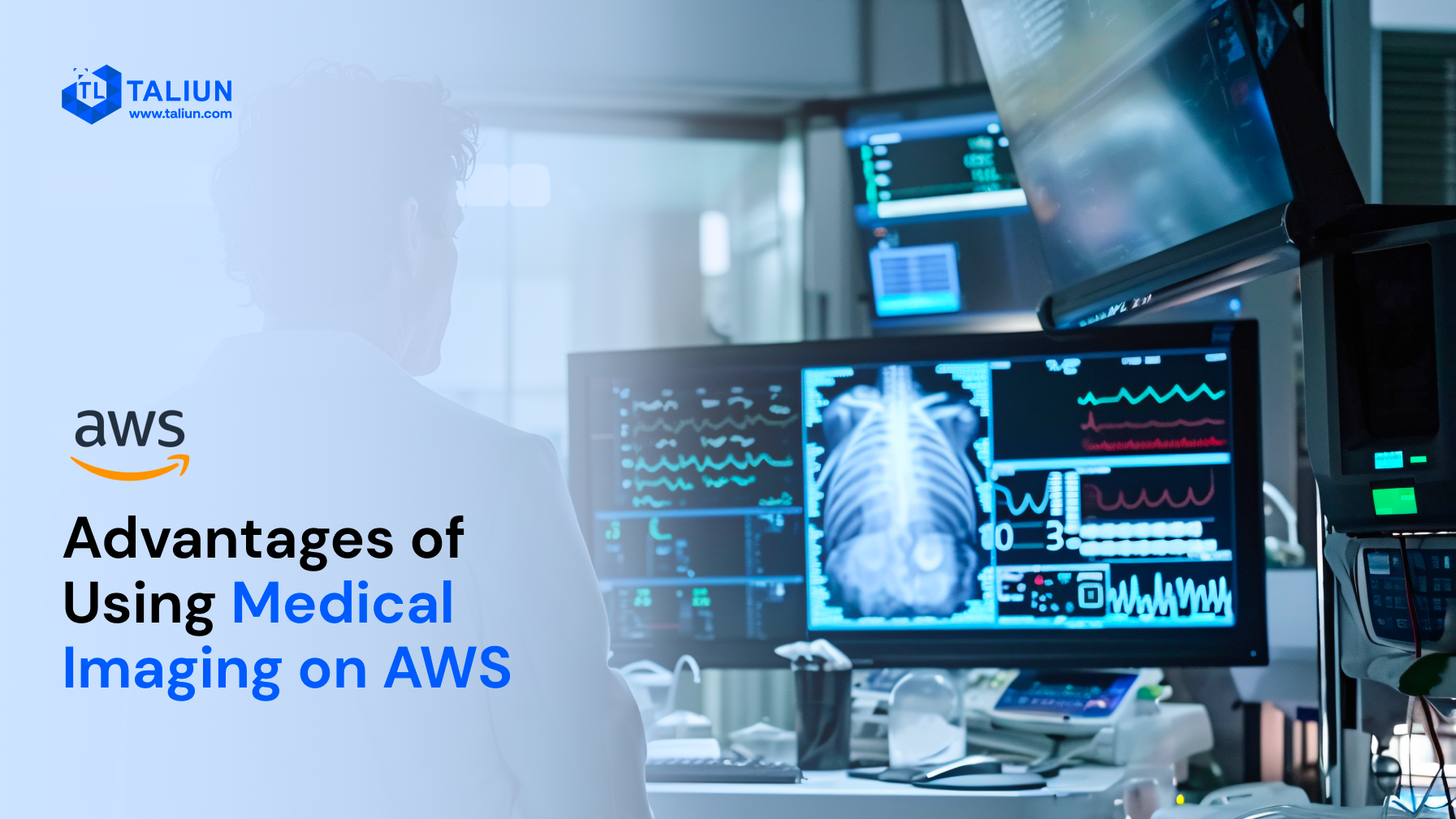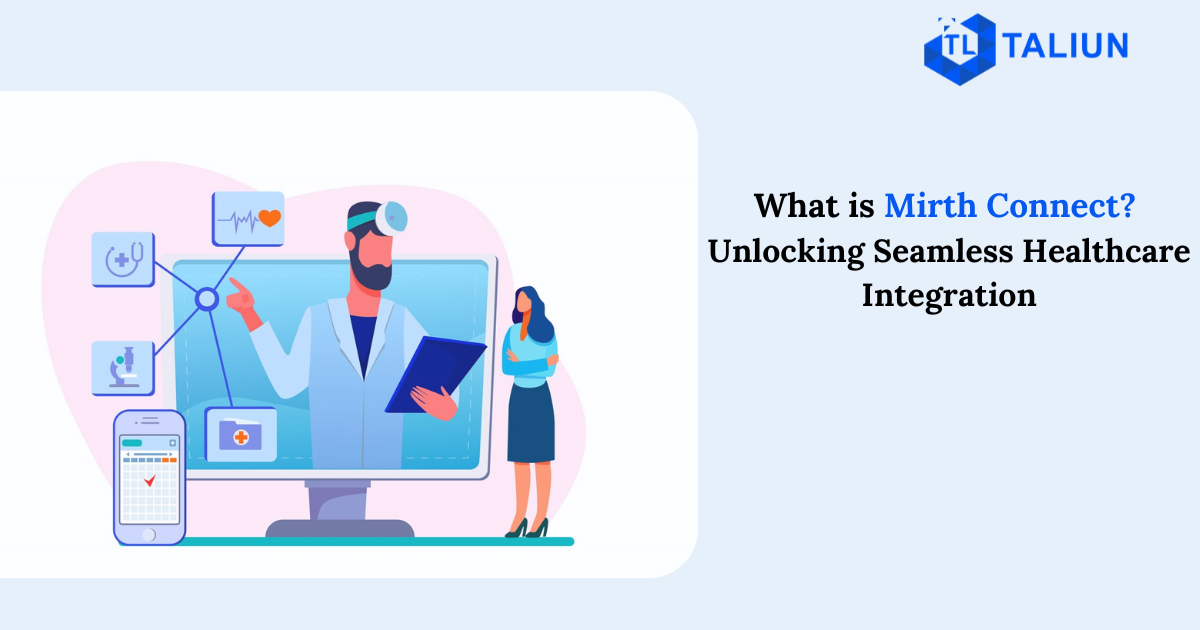Advantages of Using Medical Imaging on AWS

Medical imaging technology is crucial in healthcare for accurate diagnostics and treatment planning. With Amazon Web Services (AWS), there has been a transformative shift in how medical imaging data is processed, stored, and accessed. This blog will explore the benefits of AWS for medical imaging, highlighting how this integration enhances healthcare delivery and patient outcomes.
Scalability and Flexibility: AWS offers unmatched scalability for medical imaging applications, which often require extensive storage and computational power. Healthcare organizations can adjust their resources according to real-time needs without the upfront costs associated with physical hardware, enabling efficient management of imaging needs across institutions of varying sizes.
Enhanced Data Security: AWS provides stringent security measures that adhere to regulatory standards such as HIPAA. Features including data encryption, both in transit and at rest, fine-grained access controls, and comprehensive activity logging ensure that medical images and associated data are protected against unauthorized access and breaches.
Cost-Effectiveness: The pay-as-you-go model of AWS allows healthcare facilities to only pay for the services they use, which can significantly reduce costs, especially for smaller or growing practices. This model, coupled with minimal physical infrastructure needs, helps in managing financial resources more effectively.
Improved Collaboration and Accessibility: AWS's cloud-based storage facilitates real-time access to medical images by authorized personnel from any location. This promotes better collaboration among healthcare professionals, enabling faster diagnosis and consultation, which is critical in emergency situations or when dealing with rare medical conditions.
Integration with Advanced Technologies: AWS supports the integration of advanced technologies like AI and machine learning, enhancing medical imaging analysis. Tools such as Amazon HealthLake Imaging simplify the storage, access, and analysis of medical imaging data, providing deeper insights and improving patient care.
Enhanced Interoperability with Other Systems: AWS simplifies integration with other healthcare systems, enhancing interoperability. It supports standard healthcare protocols like DICOM, HL7, and FHIR, ensuring that systems can exchange data efficiently and understandably. This capability is crucial for managing patient data across various platforms, improving the coherence and efficiency of healthcare services.
Global Reach and Compliance: AWS's global infrastructure ensures compliance with regional data residency and sovereignty laws, which is crucial for multinational healthcare providers. This global reach helps in maintaining high standards of care delivery while adhering to local regulations.
Conclusion: Integrating medical imaging with AWS offers numerous benefits, including scalability, security, cost efficiency, and improved collaborative care. The ability of AWS to integrate with other systems and support advanced technologies further enhances its utility in the medical imaging field. As healthcare technology advances, AWS continues to be a pivotal platform for meeting the increasing demands of medical imaging, transforming how healthcare providers deliver care and improve patient outcomes.
To learn further about Taliun's healthcare software & date engineering services, please visit Taliun.com/healthcare




